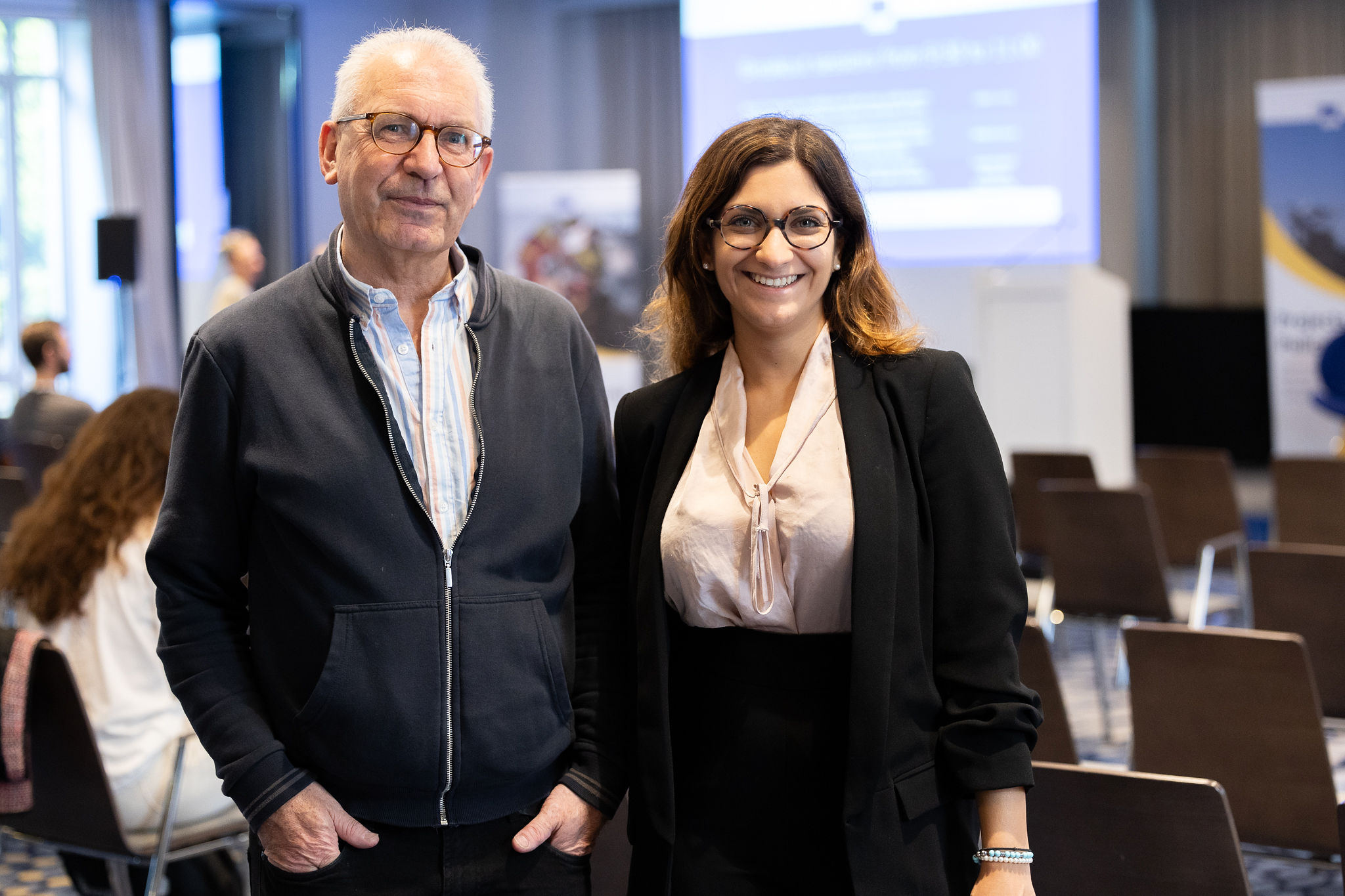
Changing World And How Project PEERS Can Help
Extreme weather is becoming more and more frequent across Europe because of climate changes
In recent years, as our world heats up, change has brought irregular weather patterns. Heatwaves, forest fires, droughts, heavy rain falls which lead to shocking destructive flooding and storms have rapidly becoming the new norm of our world. We witness, today, geo-political events leading to destabilised world economies, energy and grain shortage supplies becoming more evident. This has become a part of our everyday life. According to the European Commission food security unit report, heatwaves and risk of water shortages will be more apparent. Sadly, the legacy of our era will not be seen in a positive light by future generations and their children’s children.
It is against this backdrop that we can contribute to a better living world by valorising available resources, knowledge, data, legacy systems with an anthropocentric and holistic approach. We must respond and prepare better for tomorrow’s disasters in our world; it is so fragile. Project PEERS is focused on the preparation and response stages of a disaster and applies a co-creation approach delivering knowledge and information on what is needed by practitioners and policymakers at these stages, with a heavy focus on standardisation, operational product and services as well as best/better practices.
The Project
PEERS is primarily targeted at policymakers, first responders, emergency medical services and field operators. The project began on November 1st, 2022. It will run for 36 months to deliver a practitioner-driven ecosystem, containing a profile-tailored made knowledge dashboard platform, virtual reality gamification, an integration capability to existing community-building platforms, a better practice guide initiative and an eLearning, to support the target community. Secondary targets include researchers and standardisation bodies. The gamification strategy is aimed at encouraging solid user engagement, strengthening interactions activities across the platform, as well as enhancing user training skills based on situational awareness. In this capacity, PEERS takes advantage of existing platforms in Copernicus, such as the European Forest Fire Information System (EFFIS) and the air quality monitor system (CAMS), to help strengthen the capability of its ecosystem for additional resilience to environmental factors.
Delivery is through a comprehensive co-creation engagement and consultation governance mechanism
In this capacity, project partners listen and learn to deliver better outcome for the target communities. Designed by PEERS project partners, TFC Research and Innovation Limited (Ireland) in conjunction with University of Galway, the kernel to the ecosystem is the platform, which applies an access restriction authorisation process with a customised Knowledge Dashboard which, as mentioned, is tailored to meet the individual users’ profile. It is also designed in line with the wider need for an interconnected and interrelated world, so that frontline experts can work smarter in a more effective way. The platform contributes to helping field operations function more effectively. It also allows policymakers to know what is already available in the market, where to source enabling procurement costs to be cut through the principal of not reinventing the wheel.
As part of the co-creation engagement process, a pre-alpha version of the platform has been presented to many, including Europol as well as to policy makers, first responders and emergency medical service experts, amongst others, to establish a Co-creation Group. We apply a process of listen, learn, observe and then use the accumulation of knowledge to with the Group in a manner that works best for the realisation of great co-creation project results.



